Released and safe at last! Italy welcomes Murtaza, the Afghan ‘Little Messi’
Murtaza, the Afghan football-loving boy known as the “Little Messi”, who was forced to live on the run and in hiding for years due to threats from the Taliban and other criminal groups, is finally safe with his family in Italy. As with other households that START InSight strove to help being rescued from Afghanistan, we were seeking a solution for them since the chaotic days of the evacuation which followed regime change in Kabul. It took 18 months, many efforts and a lot of patience before a turning point was reached thanks to Caritas Italia, co-organizer of the humanitarian corridors from Pakistan that were activated last autumn.
by Chiara Sulmoni, Claudio Bertolotti, Andrea Molle
For additional information we are available at: info@startinsight.eu

Young Murtaza (stock image)
While, in the days that followed the Taliban’s takeover of Kabul, the Afghan population, in search of a way out, poured like an overflowing river towards the airport, a long-lasting line of communication opened between us, where concise “how are you? are you safe?” would alternate with long, silent stretches of time, unanswered questions, fears and concerns, a few photographs and heart-shaped emojis.
The first messages we exchanged on Whatsapp with Mahdia, Murtaza’s older sister, who will also be our main contact for the whole time, date back to the third week of August 2021 and clearly convey the precariousness and distress enveloping everyday life: “now we are only at home, but mentally uncomfortable with unknown future. After a period of time, I don’t think we feel safe even at home. As they threaten Murtaza many times before.”
The person who notified us of this situation and then put us in direct communication with Mahdia is Rahmatullah Alizadah, a local photojournalist who has now found shelter in Switzerland. At the age of 5, Murtaza used to play with his soccer ball in his native village, located in a remote, rural Afghan province; a photograph shows him with a shy smile and a white and blue plastic shopping bag worn over his clothes as if it were a jersey, with the number 10 and Messi’s name written in a black marker. Unable to purchase a real shirt of the Argentine champion of whom he is a fan, Murtaza makes do with this ‘improvised’ replica, created for him by his older brother. In the age of social media which does away with physical distance, the picture taken with a mobile phone and posted on FB goes viral and is quickly shared in the international press. This is how, in 2016, the “little Messi” becomes known in the world. Rahmat was the first journalist to meet the child made famous by the Internet, to tell his story and also to attract the attention of the South American footballer who, having learned of Murtaza, with the help of UNICEF, ultimately will meet the boy at a Barcelona match in Qatar.
This sudden notoriety however does not usher in, as hoped, any new opportunities. Upon returning home, all that remains of this adventure in the Gulf, are an autographed soccer ball and uniform. Murtaza and his family will henceforth be forced to hide and move frequently, in order to escape both the risk of kidnappings by criminal gangs convinced that the child has received a stack of money, and threats by religious fundamentalists. All this translates into no schooling and an isolated childhood, while the return of the Taliban regime spells more danger and leads to frequent re-locations – over twelve in the past year and a half alone. “A few days ago, my father went to the bakery, some of the people knew him again and said a few things to him. Our neighbours have told us several times that you were identified in the alley. Some one will inform Taliban? That’s why we changed our place, so that nothing would happen to my family”, Mahdia writes one day.
THE EVACUATION
While foreign armies, diplomats and international organizations hasten to leave the country with as many of their local employees as possible, calls for help pile up on the cell phones of veterans, journalists, and aid workers who have been working in Afghanistan for twenty years and consequently forged relationships and friendships with the local population. Those with useful contacts, share them in an endless chain. Not only military, humanitarian, and media professionals, administrative employees, judges, lawyers, professors, and activists, but also ordinary citizens in distress, many women, and the Hazaras, the ethnic group poorly tolerated by the Taliban and hated by the Islamic State Khorasan (the notorious Afghan franchise of what was ISIS in Syria and Iraq), to which Murtaza’s family also belongs. Kabul airport is besieged by an endless river of people of all ages trying to overcome walls and barriers and board planes heading west, before Afghanistan will be abandoned to its fate; TV screens send harrowing images of those clinging to broken promises and fallen hopes to the last, who will spend days on end in front of the gates. The pictures coming in on phone chats show worse than that, amid gunfire and bewildered people fleeing the sticks of the Taliban guards or slipping into the gutters. The intention is to bring to safety as many as possible in those chaotic hours, often without proper screening, with consular staff at the airport gates making crucial and difficult choices. This was a giant rescue operation of unprecedented scale.
After getting in touch with other associations committed to saving as many lives as possible, we receive a green light from the Italian Defense: the family made it on the boarding list of the last flight. In the meantime, thousands of people crowd the “Abbey gate”, the area where the Italians operate, and where Murtaza’s family must report shortly. This is seemingly impossible, but we try to make it happen and coordinate with Colonel T., who awaits them at the entrance. But difficulties increase with time, as well as warnings of possible attacks by the “Islamic State” terrorist group against the airport infrastructure, which is now jointly controlled by U.S. forces and the Taliban, who will take responsibility after a few days. One alert, in particular, comes through on the evening of 25th August: very detailed, too precise and different from the usual ones. A decision must quickly be made. We make it: “stop, don’t go to the airport, stay home tomorrow”. We know that such decision would prevent them from getting on that plane. Under these conditions, it is unthinkable for Murtaza’s family, eight people in all with children and an infant in tow, to risk everything to reach the exit where they could be helped by the Italian army. But that choice was a right and fortunate one, the best among those made in the urgency of the moment. The suicide attack which took place on 26th August right by the “Abbey gate” of Kabul airport, killed over 180 people.
We have kept other options open, our many “Plan Bs.” Several attempts at finding seats on the few buses organized by whoever knows who, and which are said to be crossing Taliban checkpoints, fail.
Another option raised by U.S. veterans seems to open up. We have been in contact with them since the beginning and we discuss the possibility of a “humanitarian operation” run by former military personnel, consisting in “exfiltration” from Kabul and transfer to the North, where a plane could be ready for take off. Murtaza and his family, along with hundreds of other former staffers who worked for the U.S. military in the longest war, could be recovered in this way. It feels like an endless movie with a fast and relentless plot. Every decision must rationally be made on the spot, risks notwithstanding. A US charitable organization could cover part of the (very high) costs, we somewhat find the rest with great difficulty, but the exceptionality of the moment, in this case, comes handy. A U.S. senator follows this issue with us. Some Italian members of Parliament and soldiers are also very active and personally committed to finding a solution. The enthusiasm for such participation is overwhelming, only saddened by Mahdia’s fears and desperate messages. Everything seems fine, minus the risks for those who will have to complete the operation. Then, a cold shower: the operation is canceled.
Leaving the country in other ways involves unsustainable costs and risks. Among papers and documents, phone calls, e-mails and signals thrown in every direction, for those who are striving on the front lines or behind the scenes, the hours go by frantically without continuity between day and night. Getting all endangered Afghans to safety seems a monumental and unthinkable task, a good-hearted aspiration that clashes with reality.
EIGHTEEN MONTHS OF ATTEMPTS AND PATIENCE
With the departure of the last flight on 30th August, Afghanistan reverts to a previous state as an Emirate without embassies. Those who weren’t able to leave, can still apply for humanitarian visas in a third State, but for ordinary Afghans who have not directly worked with NGOs, the media or foreign militaries, difficulties are enormous. Passports are issued or renewed at a slow pace, identity documents and visas are too expensive for the citizens of a country whose economy over the past two decades was sustained mainly by donations and injections of money from outside. Most people live below the poverty line and a critical situation is quickly turning into a far-reaching social tragedy.
We don’t get discouraged. We continue to support Murtaza’s family and to think of an escape route, like travelling by land to the borders of Uzbekistan, Tajikistan and Pakistan. It would be risky, but we test the water nevertheless. We discover, however, that borders have been sealed on both sides, by the Taliban and the authorities of neighboring countries. A visa, a pass from a third country are mandatory. After many phone calls to embassies, ministries and other institutions in Italy, Switzerland or elsewhere, and an endless wait, nothing happens. The paradoxes of bureaucracy paint a picture whose tones are dramatic and almost unbelievable: “We can issue them a visa,” we are told, “but they have to report to our embassy in person in Qatar, Pakistan, for example, or another country.” Yet, in order to get to the embassy, they would need to cross the border with a regular visa that they cannot get beforehand and in a digital form.
The doors keep closing, one by one.

The smiles of Mahdia and Murtaza on the day of their flight to Italy
A WINDOW OF OPPORTUNITY OPENS UP: THE HUMANITARIAN CORRIDORS
“Today Murtaza told me that I can’t stand sitting at home. All my friends and other children go to school and learn an education but I always stand at home. He really cries and apologized to me that he wants to go to school and wants to be like other children. I really can’t control myself I am sorry for him. I just promise him to help him to be safe and everything will change”. This is one of many messages from Mahdia, whom we speak to regularly, urging us to keep going, to press on. It will take a lot of patience, but we won’t leave them alone. Meanwhile, our triangulations continue, followed by weeks-long silence.
Then, on 4th November, 2021 there’s some good news: a Memorandum of Understanding for the activation of humanitarian corridors is being signed in Rome.
That’s our chance.
We get in touch with Daniele, from Caritas Italia, whom we have known for some time and whose help will prove crucial.
It is our turning point, so we get to work once more in the hope of being able to bring the family to Italy, but the timing and other difficulties still seem insurmountable, due to objective and bureaucratic impediments. Some members of the family do not yet have passports, while others have in the meantime expired. It’s a race against time, but not against corruption, which, indeed, is the only way to obtain those documents. That’s how it is and there’s no alternative.
Weeks and then months go by. In the meantime, Murtaza’s father is captured, imprisoned and tortured by the Taliban, who will release him some weeks later, sick, upon the payment of a ransom. While he is still weak, he leaves his family behind in Afghanistan to hide, illegally, in Iran.
Meanwhile, in October 2022, more positive news come our way: Murtaza’s family can travel to Islamabad for an interview with the volunteers of Caritas Italia. They get their visas, albeit at a very high cost, and they cross the border. They are in Pakistan, safe and ready to leave for Italy, we think at this point.
However, the youngest sister’s passport is missing, which requires to make a decision. As she can’t be left behind, the family splits. Murtaza and his father will remain in Pakistan while Mahdia, along with the others, will return to Afghanistan in an attempt at somehow obtaining the last passport. Again, months will go by, until the ID gets released, at the start of 2022.

The family in the airport after landing in Italy
In February, Daniele informs us that everything is ready for their flight to Italy. The family, at last, leaves a country where perhaps they will never set foot again, or at least for many years to come, with just a handful of things, packed in small suitcases and bags. They will bring along the bare necessities, some memories and the will to start from scratch elsewhere, hoping for a better future thanks to the people who, by committing to bringing the humanitarian corridors to life, have achieved a true miracle.
Today, the family is in Italy. We hope that real opportunities will come along, for them and for the many Afghans the country has taken in and will support. And especially for Murtaza, who will finally be able to study and play football without fear.
This is a drop in the ocean, which does not close a chapter but rather keeps so many others open.
This is a story of patience and persistence.
SPECIAL THANKS GO TO
… the many who have taken Murtaza’s story to heart and made themselves available, at different times and in various ways, by means of concrete actions, suggestions or words of support: NGOs, politicians, the military, other institutions and ordinary citizens in Italy, Switzerland and the United States. In particular, we are grateful to Daniele Albanese, Pierluigi Dovis, Mauro D’Ubaldi, His Excellency the Bishop of Turin, Mons. Roberto Repole, Alberto Pagani, Lorenzo Guerini, Piero Fassino, Don Diego, Don Marco Di Matteo, Don Domenico Catti, NOVE Onlus, Gruppo Ticino di Amnesty International, Senator Dianne Feinstein (D-CA), Rav. Arnold Rachlis, Luciano Portolano, Roberto Trubiani, Mauro Berruto, Isabella Rauti, Alessandro Sicchiero, Raffaella Virelli, Nicola Guerini, Luca Tenzi, Rahmatullah Alizadah, Farmanullah Turab, Ahmadullah Turab, Associazione Zenzero…. and others we could not reach out to before the publication of this article, including those who wished to remain anonymous.









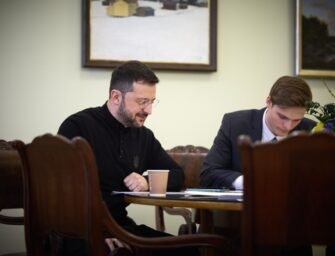
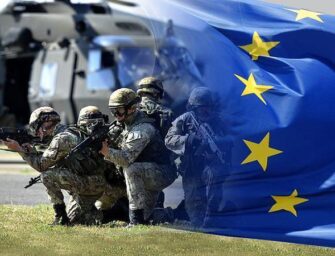




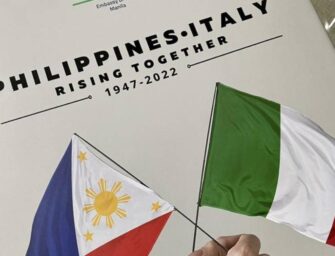

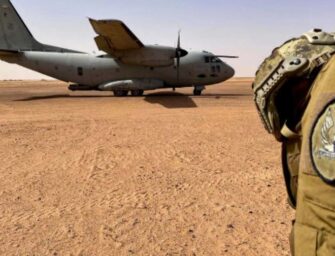

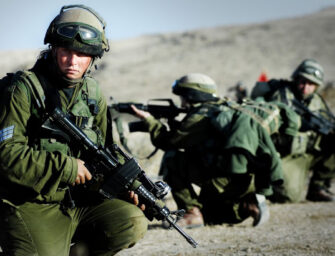

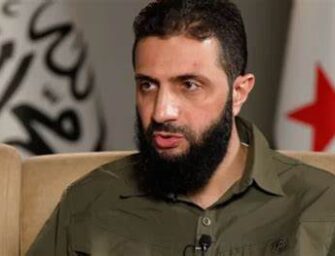
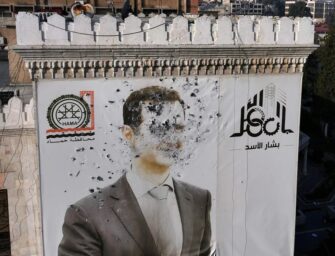
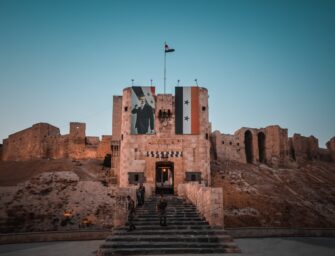



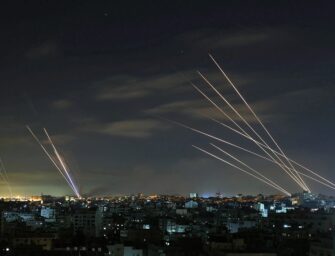

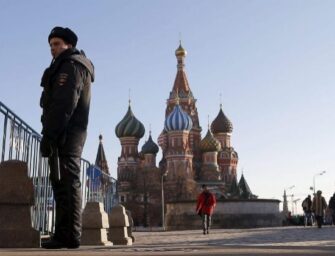
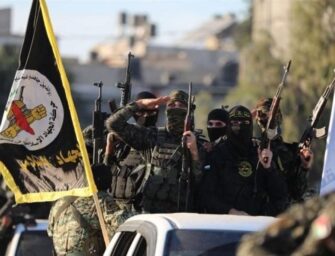
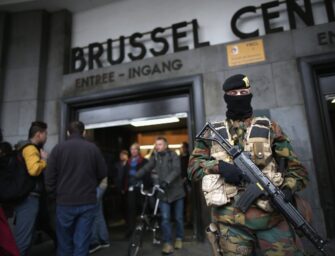

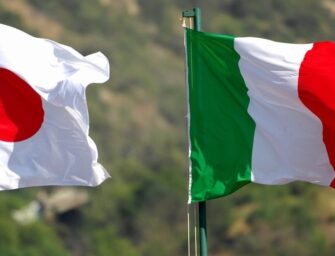
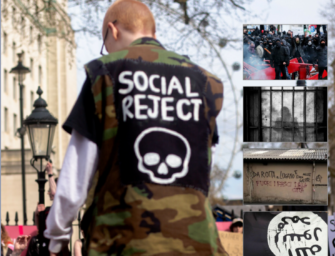

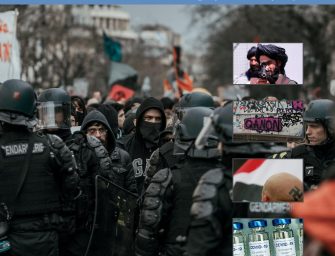
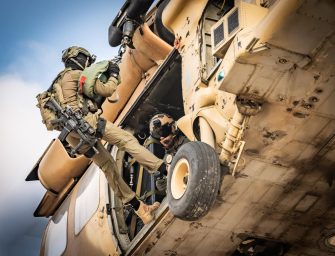


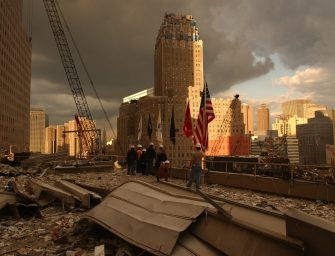
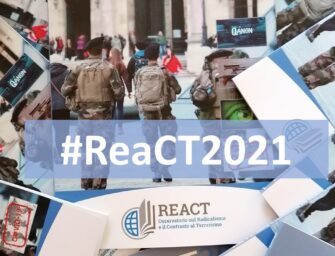
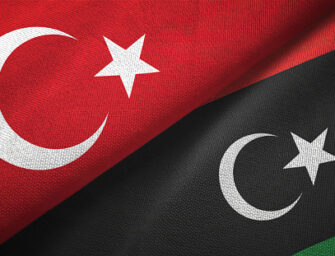
There are no comments
Add yours